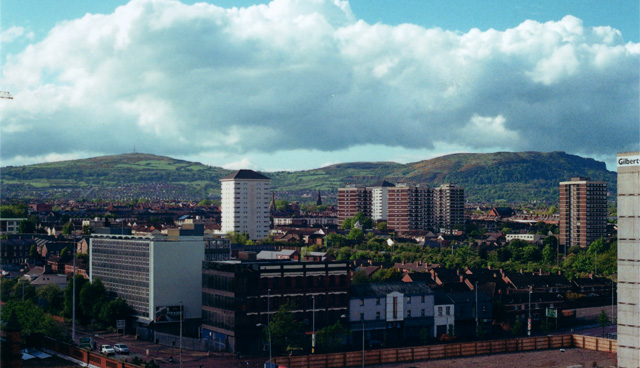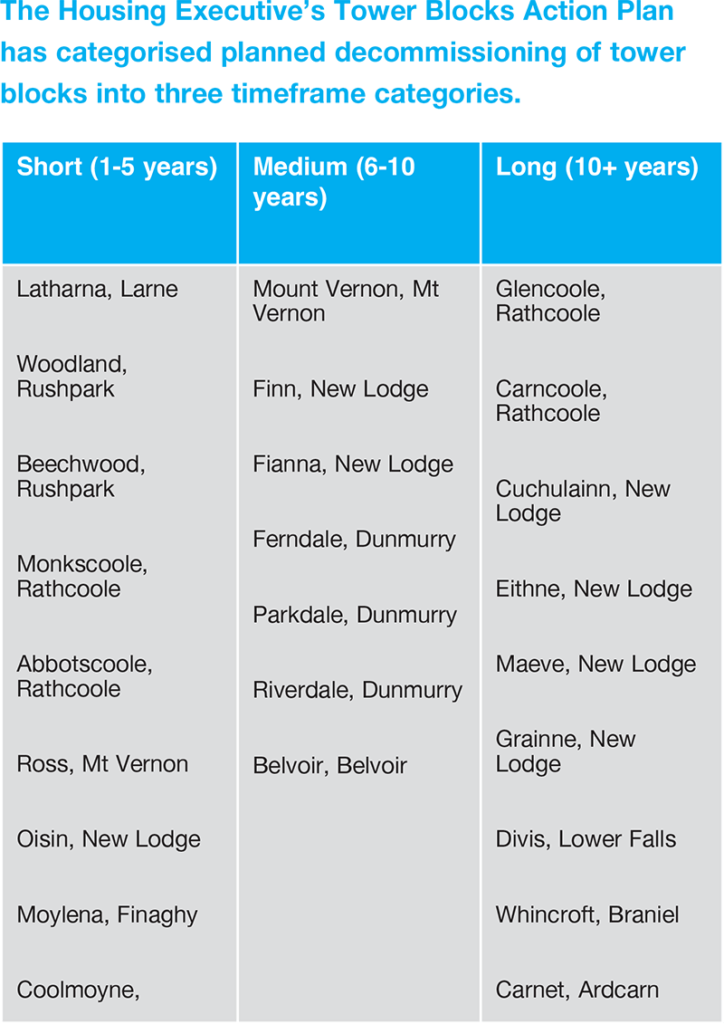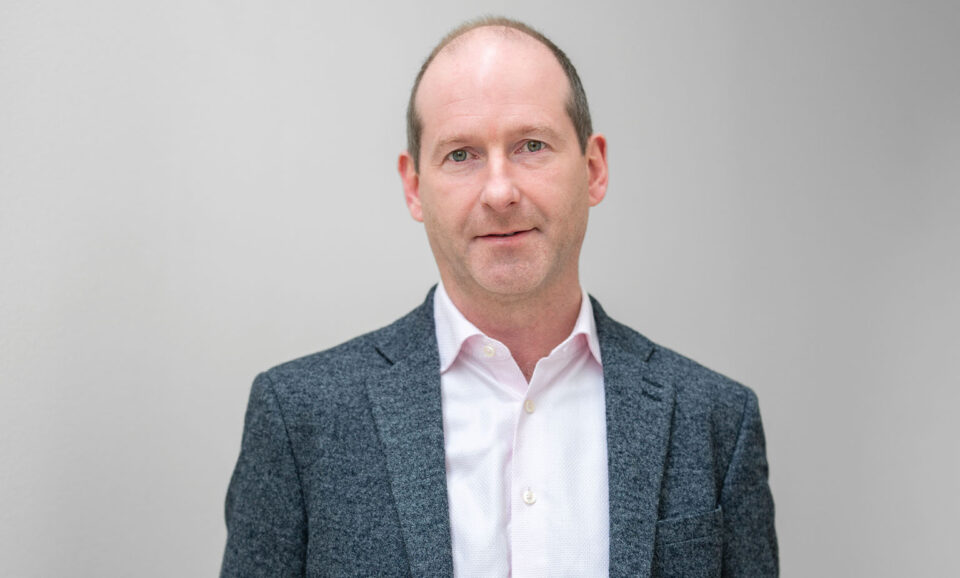
Paula Bradley MLA: Chairperson of the Committee for Communities
10th July 2020
Risk in the social housing sector
10th July 2020Tower block future: Post-Grenfell

Belfast skyline: Some of the over 30 tower blocks across Northern Ireland set for decommissioning.
A final report into the causes of the Grenfell fire, which will inform some of the decision-making around the future of tower blocks in Northern Ireland, is now likely to be delayed beyond an expected date of early 2021.
Martin Moore-Bick, the Chairman of the Grenfell Tower Inquiry, the public inquiry set up in June 2017 to examine circumstances leading up to and surrounding the fire, said in March that the work of the inquiry to publish a phase two report will continue but announced that the inquiry would not host hearings for its first module following the outbreak of Covid-19.
The inquiry is undertaking a two-phase approach to its work. Phase one, the report of which was published in October 2019, examined the events of the night in June 2017, while phase two is expected to analyse the causes.
The Housing Executive has over 30 tower blocks, most of which are located in the Greater Belfast Region. In 2015, the organisation launched a review of their housing stock and was to consult on proposals to decommission many of the high-rise dwellings over time, recognising that some £300 million would be required to upgrade its existing tower blocks.
A draft action plan on how the tower blocks should be decommissioned was completed in May 2017 for consultation, however, following the Grenfell Tower fire it was agreed that completion should be delayed pending consideration of the potential regulatory implications of the incident.
At the same time the Housing Executive commissioned an independent reference group to assess safety in its over 30 high rises.
Although not its original intention, the Grenfell Inquiry in its phase one examination of events of the night of the fire subsequently highlighted a number of safety concerns in relation to the fire. Most notably, it outlined that the cladding of the building was a principal reason for the fire’s rapid spread and that the external walls of the building, rather than resisting the spread, actively promoted it.
As well as “vigorous” progress in the slow rate of the removal of dangerous cladding, recommendations included improved communications and information sharing between owners and fire and rescue services; the development of personal evacuation plans for vulnerable residents; alarm system, building plans and emergency services provision; urgent inspection of fire doors; improved fire signage and evacuation strategies, including the retrofitting of manual or smart alarms to alert residents.
At the time of the fire, four of the Housing Executive’s high rises either had just been newly cladded or were in the process of being clad. However, the independent report found that the material used in Northern Ireland was not the same as that in Grenfell and that the cladding was compliant with building regulations.
It also made further recommendations, many of which the Housing Executive says it has already acted upon, such as issues relating to fire doors and proper ventilation. More extensive and costly recommendations included a suggestion for the Housing Executive to consider installing sprinklers in all towers.
“The interim report from the Grenfell inquiry outlined recommendations, some of which we were already putting in place, but we continue to monitor the situation and will do our utmost to be ahead of the curve in relation to tower block fire and safety issues,” the Housing Executive’s Chair Peter Roberts explained.
Further plans for potential cladding of other tower blocks have been put on hold until final recommendations of the inquiry are known.
The Housing Executive says that the safety of those living within tower blocks is its priority and it will act to put in place any further recommendations made by the final inquiry report, where possible.
In March 2019, the Housing Executive set out its action plan on its future proposals for the tower block portfolio which centres on a phased decommissioning programme with blocks identified for short, medium and long-term action.
Although the Housing Executive had already signalled its intention to decommission many of its tower blocks, the action plan highlights that the current and potential future findings of the Grenfell Inquiry have a bearing on the decision.
It states: “The retention of the blocks could possibly result in increased investment requirements should there be a necessity to undertake additional fire safety measures.
“A significant body of remedial work has already been carried out (or is underway) in the blocks following the Grenfell Tower tragedy (and the Coolmoyne House fire). However, fire safety requirements that may arise out of future regulatory changes… for example, for sprinklers and secondary staircases, would likely prove highly problematic or, indeed, impossible to deliver without radical and costly restructuring and work.”
While the document emphasises the Housing Executive’s commitment to ensuring safety through a comprehensive framework, it adds: “Nevertheless, by their very nature, the tower blocks will continue to be our stock with the greatest inherent fire safety risk.”
However, the action plan also acknowledges that the delivery of a decommissioning plan for the entire tower block portfolio is “currently not considered possible in the short-to-medium term”. To this end, it has categorised its tower blocks for action across three phases: short (one to five years), medium (six to 10 years); and long (10 plus years).
Those in the medium-term category will have “holding investment” carried out, examples offered include health and safety works, structural repairs and the repair or replacement of internal components. For longer term properties the plan is for more extensive “full improvements” including the installation of sprinklers, the installation of cladding, new windows and new roofs and the upgrading of internal components.
A spokesperson for the Housing Executive confirmed that the organisation plans to incorporate final recommendations from the Grenfell Inquiry into its action plan where appropriate.







